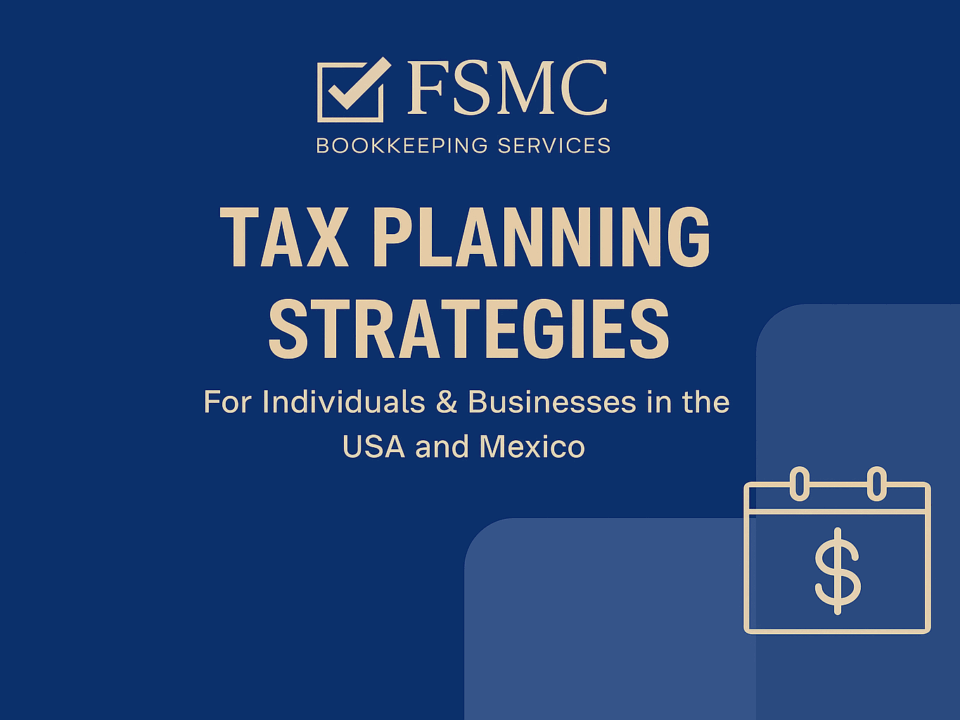
When Should a Business Consider Bankruptcy?
May 2, 2025
Trusts vs. Wills: Key Differences and Which One You Need
May 2, 2025The Importance of Succession Planning for Business Owners
A Strategic Guide
Succession planning is one of the most critical — and often overlooked — components of long-term business success. Whether you’re the sole owner of a small business or a partner in a growing enterprise, a clear and legally sound succession plan ensures business continuity, protects stakeholder interests, and helps preserve the legacy you’ve worked hard to build.
In this blog post, we explore why succession planning is essential, how plans should be tailored to different business structures, common mistakes to avoid, and key elements such as restrictive covenants and buyout clauses. If you’re looking to future-proof your business, this guide is a must-read.
What Is Succession Planning?
Succession planning is the strategic process of identifying and preparing future leaders or owners to take over key roles within a business. This can include planning for retirement, unexpected disability, death, or a voluntary exit from the business.
Effective succession planning involves:
- Identifying potential successors
- Defining transition timelines
- Establishing legal frameworks
- Creating operational continuity strategies
- Structuring financial arrangements (e.g., buyouts)
Why Succession Planning Matters
Without a succession plan, businesses face several risks:
- Leadership voids that disrupt operations
- Loss of market confidence among customers and partners
- Legal and financial disputes among heirs, partners, or stakeholders
- Tax inefficiencies that drain business resources
Proactive succession planning provides:
- A smooth leadership transition
- Protection for employees and clients
- Reduced risk of litigation
- Preservation of business value and continuity
Tailoring Succession Planning to Business Structure
Sole Proprietorships
In a sole proprietorship, the business and owner are legally one and the same. Succession plans often include:
- Naming a successor in a will
- Creating a buy-sell agreement with a designated buyer
- Training a family member or key employee to take over
Since personal and business assets are intertwined, estate planning and life insurance play a significant role.
Partnerships
Partnership succession planning must address each partner’s rights and responsibilities. Essential components include:
- A partnership agreement that includes buy-sell provisions
- A process for valuing the business or partner’s share
- Terms for the departure, retirement, or death of a partner
Funding the buyout with life insurance or setting up an escrow account can ensure a smooth transition.
LLCs and Corporations
These structures offer more flexibility and legal protection, but also require more formalized plans:
- Operating agreements or bylaws should specify succession procedures
- Shareholder agreements can include restrictive covenants and exit clauses
- Leadership development plans help identify internal successors
- Boards of directors may need to approve transitions
Whether it’s an internal sale, external acquisition, or generational transfer, corporate succession plans must meet both legal and regulatory standards.
Should You Include Restrictive Covenants and Buyout Provisions?
Yes — restrictive covenants and buyout clauses are crucial components of a solid succession plan.

Common Legal Elements to Include:
- Buy-Sell Agreement: Outlines the process and terms for buying an owner’s interest if they leave, retire, become disabled, or pass away.
- Non-Compete Clauses: Prevents exiting owners from starting a competing business in a specific geographic area.
- Non-Solicitation Clauses: Protects the business from losing clients or employees to a former owner.
- Valuation Formula: Establishes how the business or ownership stake will be valued during a buyout.
These provisions protect the remaining owners, preserve business goodwill, and prevent future conflicts.
Common Succession Planning Mistakes
- Failing to Plan at All
Many owners delay succession planning, thinking they have plenty of time. Unexpected events like illness or death can create chaos if no plan is in place. - Ignoring Tax Implications
Without proper tax planning, transitions can trigger significant estate, capital gains, or gift taxes. Work with professionals to mitigate this risk. - Choosing the Wrong Successor
Picking a family member or friend without assessing their skills can lead to leadership failure. Succession should be merit-based. - Not Formalizing the Plan
Verbal agreements don’t hold up in court. Every part of your plan should be legally documented. - Neglecting Communication
Stakeholders (partners, family members, key employees) need to understand the plan. Lack of transparency can breed resentment and confusion. - Overlooking Contingency Scenarios
Plans should cover multiple outcomes: sudden death, disability, voluntary exit, sale, or retirement.
Benefits of a Well-Crafted Succession Plan
- Operational Continuity: Reduces disruption during leadership changes
- Asset Protection: Safeguards the financial interests of the business and owners
- Employee and Customer Confidence: Reinforces stability and reliability
- Minimized Legal Disputes: Clear rules reduce the chances of post-transition litigation
- Enhanced Business Value: Buyers and investors prefer companies with formal succession plans
Best Practices for Effective Succession Planning
- Start Early: Succession planning is a long-term strategy, not a last-minute fix.
- Conduct Regular Reviews: Plans should evolve with the business. Reassess every few years.
- Involve Professionals: Work with accountants, attorneys, and financial advisors.
- Develop Talent Internally: Prepare future leaders with mentorship and training.
- Use Legal Agreements: Make sure all elements are enforceable and tailored to your jurisdiction.
Reference – SCORE & Mass Mutual (download): The Small Business Owner’s Guide to Succession Planning
The Role of FSMC Bookkeeping Services
At FSMC Bookkeeping Services, we help business owners across the USA and Mexico create secure, tax-efficient, and legally sound succession plans. Our team ensures your plan aligns with your business goals, minimizes tax liability, and protects your legacy.
From evaluating your business structure to drafting buy-sell agreements and setting up internal systems for smooth transitions, we provide comprehensive support tailored to your unique needs.
Conclusion
Succession planning isn’t just about preparing for retirement or worst-case scenarios — it’s about building a business that thrives beyond your leadership. Whether you run a sole proprietorship, partnership, or corporation, a well-structured plan protects your business, your employees, and your family.
Don’t wait for uncertainty to force your hand. Get ahead of the curve with a proactive succession strategy.
FSMC Bookkeeping Services is here to help guide you through every step of the process.




